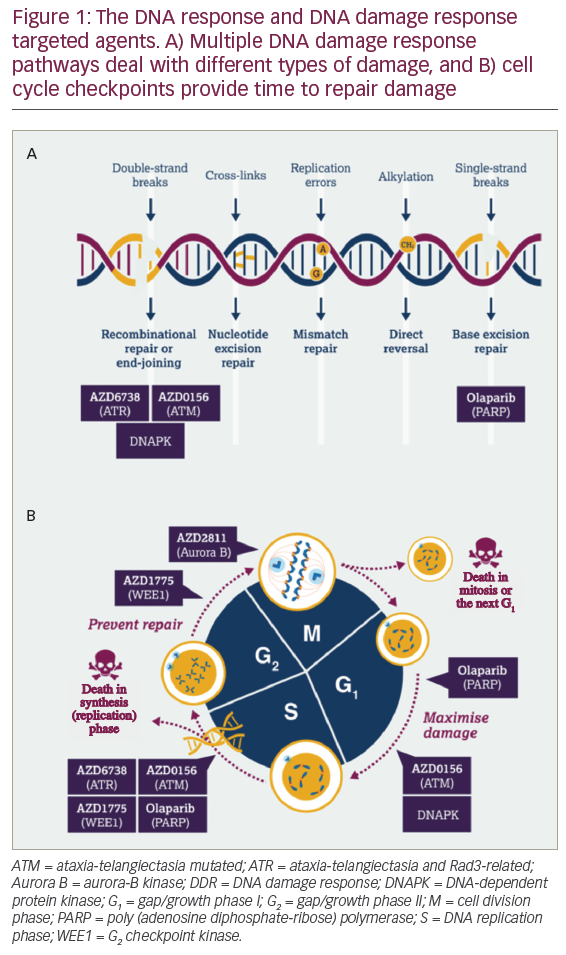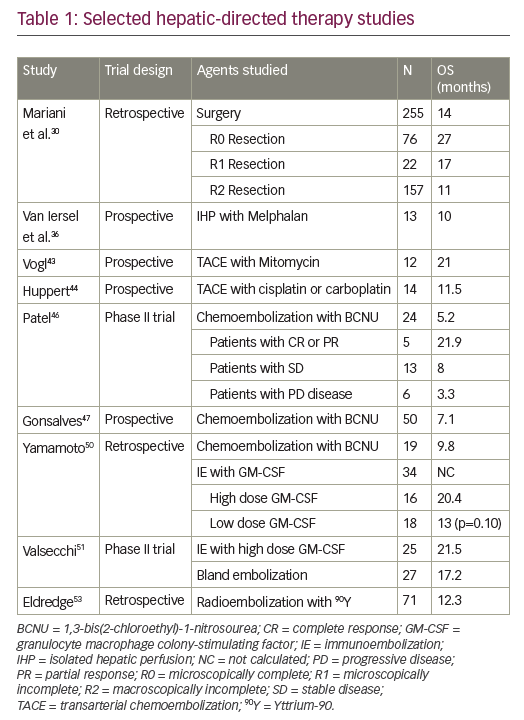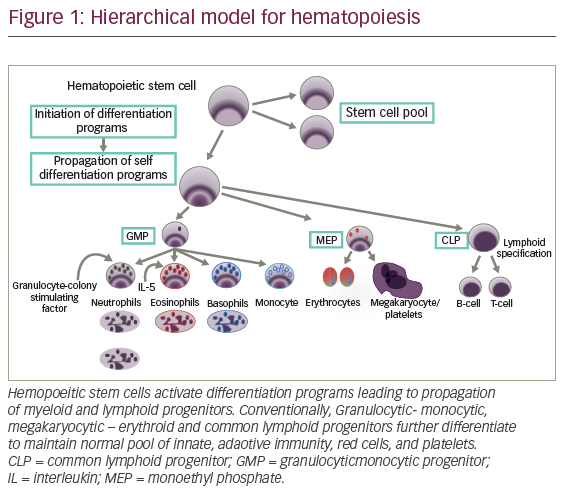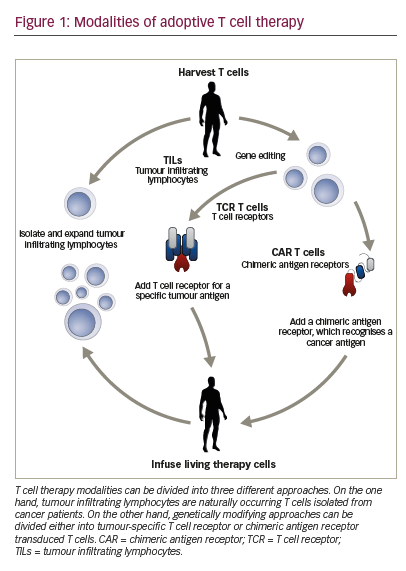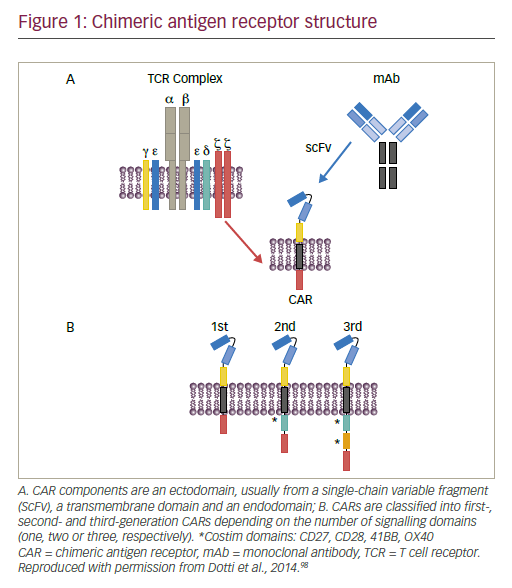Over the last decade, genomics has become an increasingly important part of cancer care. In some tumor types, such as lung cancer and melanoma, genetic profiling for actionable mutations has become standard clinical practice.1,2 The development of novel targeted molecular therapies together with the increased availability of next-generation genomic sequencing has led to an interest in genomic profiling in routine cancer care.3–6 However, the complexity of next generation sequencing has prevented many laboratories from implementing it on a large scale. Recently, studies have shown that this approach is feasible in large study populations.7–9
In an expert interview, conducted at the European Society for Medical Oncology (ESMO) 2018 Congress, which was held in Munich, Germany, from October 19–23, 2018, Ricardo Alvarez discusses mutational landscape of metastatic cancers discovered from prospective clinical sequencing at a community practice cancer program, and the findings from the data he presented at ESMO 2018.9
Q. What proportion of cancer patients in your institution are receiving drugs matched to mutations in their tumors?
Approximately 39% of all of our patients undergo a next-generation genomic sequencing text. Of these, around one-quarter to one-third are treated with genetic biomarker-directed treatment. This is a substantial proportion considering that this is a new approach of precision medicine.
Q. Could you tell us a little about the data you are presenting from community practices?
These data were collected over 5 years and comprised a total of approximately 8,000 samples from 7,600 patients with advanced cancer.9 DNA alterations were identified in 94% of tumor samples, and of these, 47% were considered clinically relevant. The personalized medicine programs helped the physician to assign patients to individual targeted therapy. This is an important study; all patients assigned to molecular targeted therapy responded better and the personalized medicine program helped the physician to identify clinical trials.
Q. Which tumors are most amenable to this approach?
The majority of patients amenable to personalized therapy with next-generation genomic sequencing are those with breast cancer, lung cancer, colorectal cancer, gynecological cancers and non-primary cancers. For patients with these tumors, we have found actionable mutations in 28–30% of cases. These can be treated effectively with targeted therapies and represent some of the most common cancers.
Q. What are the limitations of this approach?
The first limitation is the cost: not all patients are able to participate in these studies and have access to genomic sequencing. In addition, access to clinical trials is not available for all these mutations therefore we often treat off-label. Obtaining drugs for off-label treatment is an important barrier.
Q. By how much do you expect the proportion of cancer patients receiving matched treatment to rise in the coming years?
It is hard to predict but most large institutes in the US have next-generation sequencing platforms, which they can offer to selected patients. The increasing frequency of matching treatment over time and the availability of immunotherapy and matching with programmed death ligand 1 (PD-L1) status and tumor mutational burden may further increase this population. It is important to remember that, a few years ago, precision medicine was only used in the research setting and now it is available in routine clinical care, and we are seeing increasing numbers of patients taking part. A lot of studies are showing that this approach is highly selective for increased response rates and progression-free survival.






